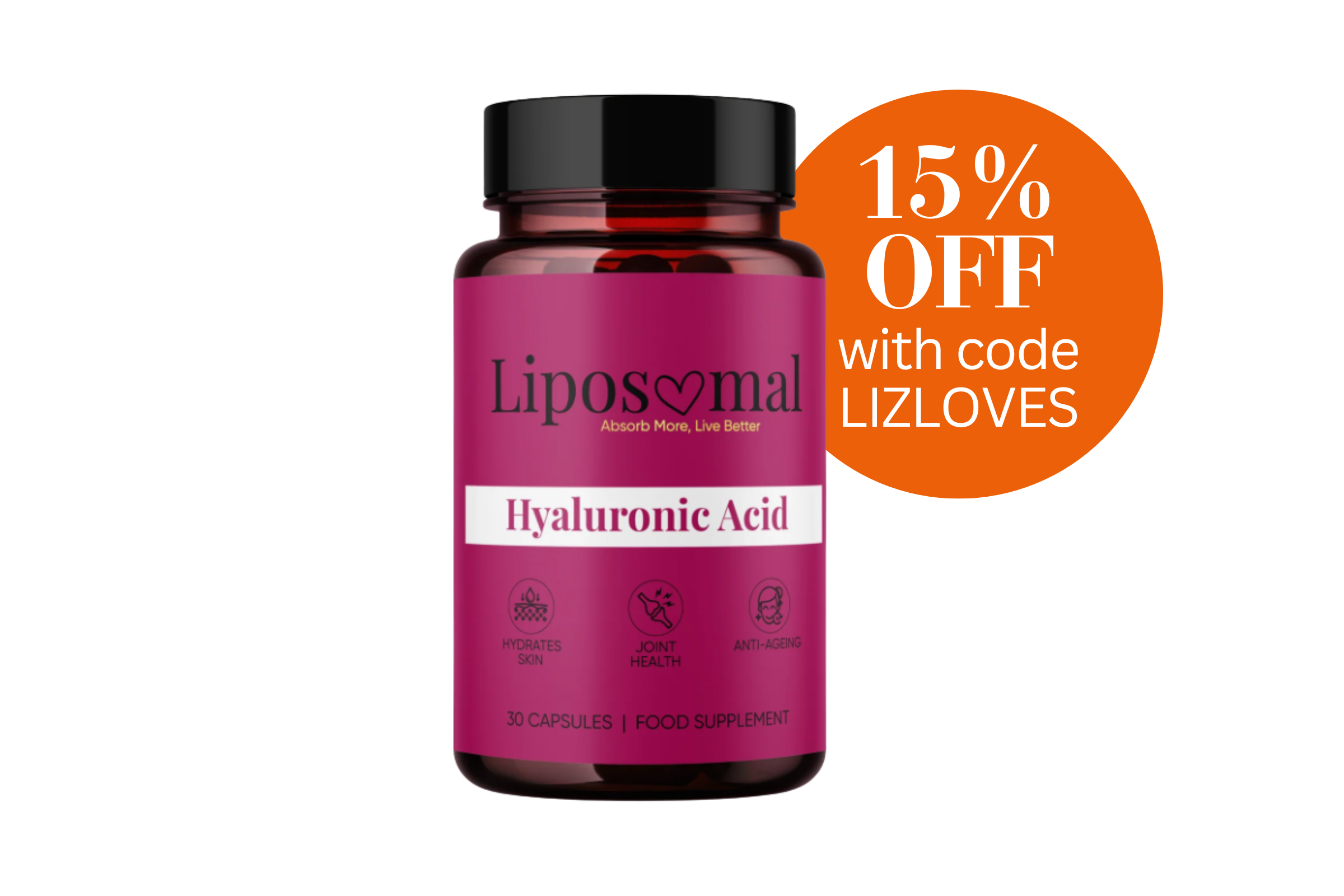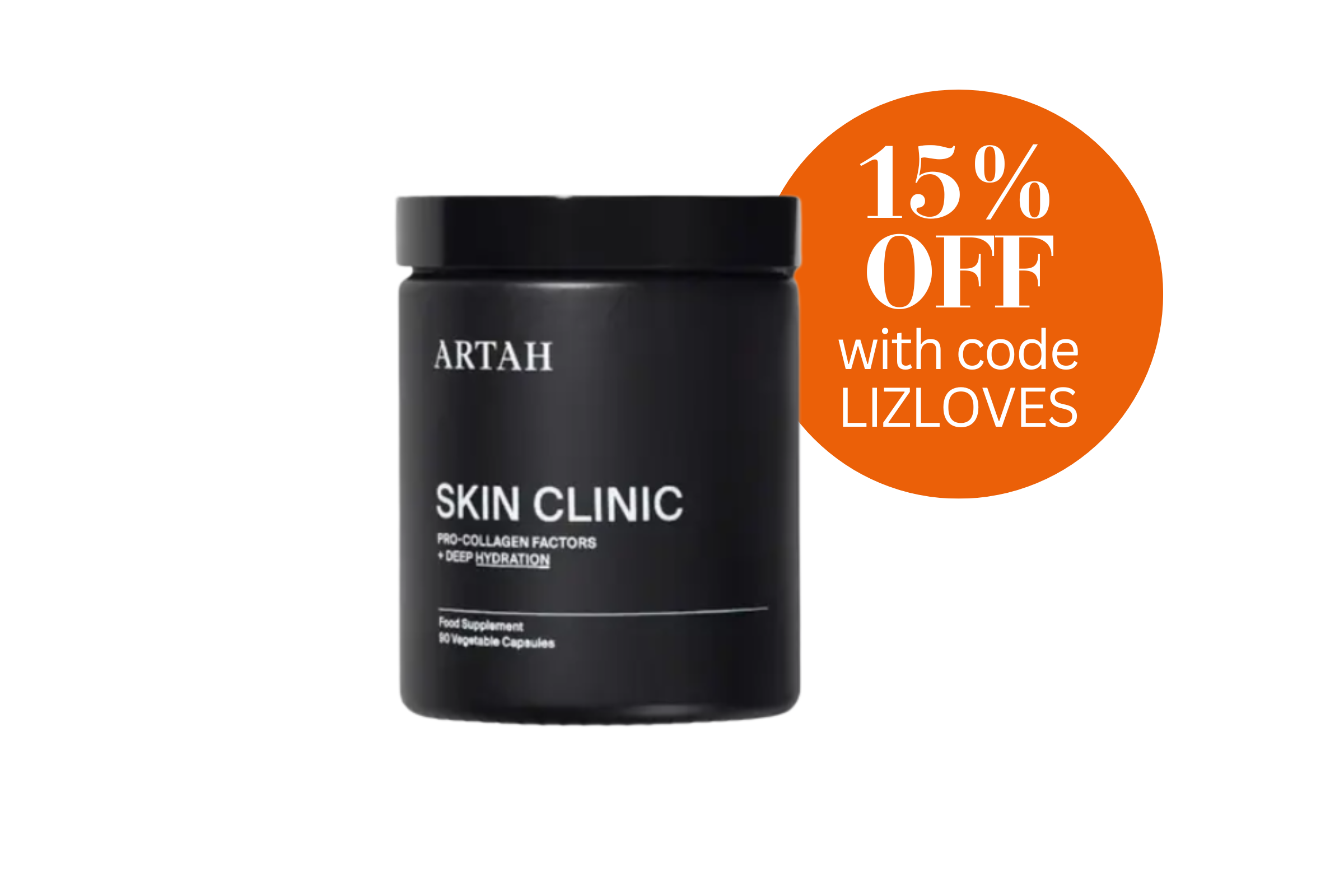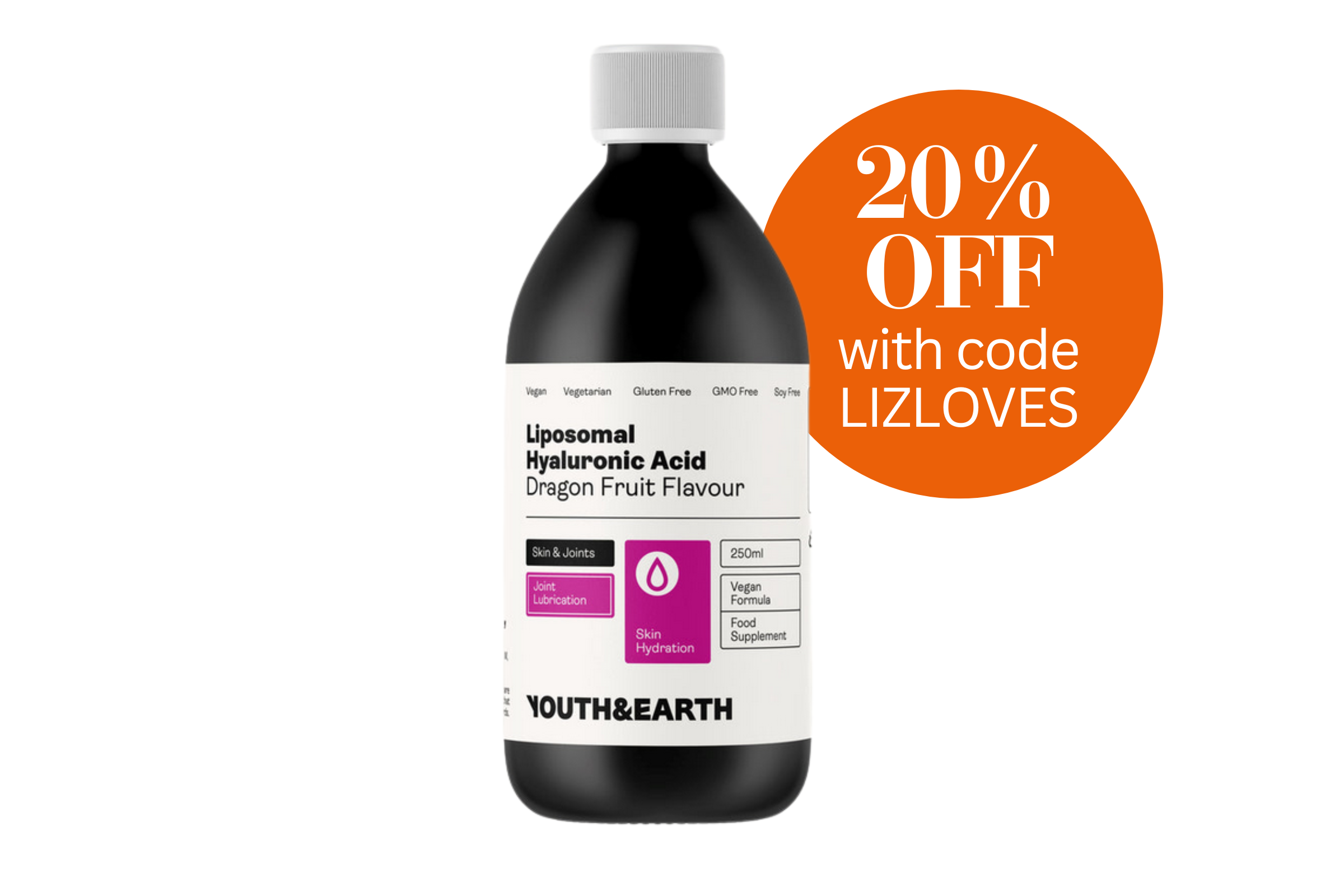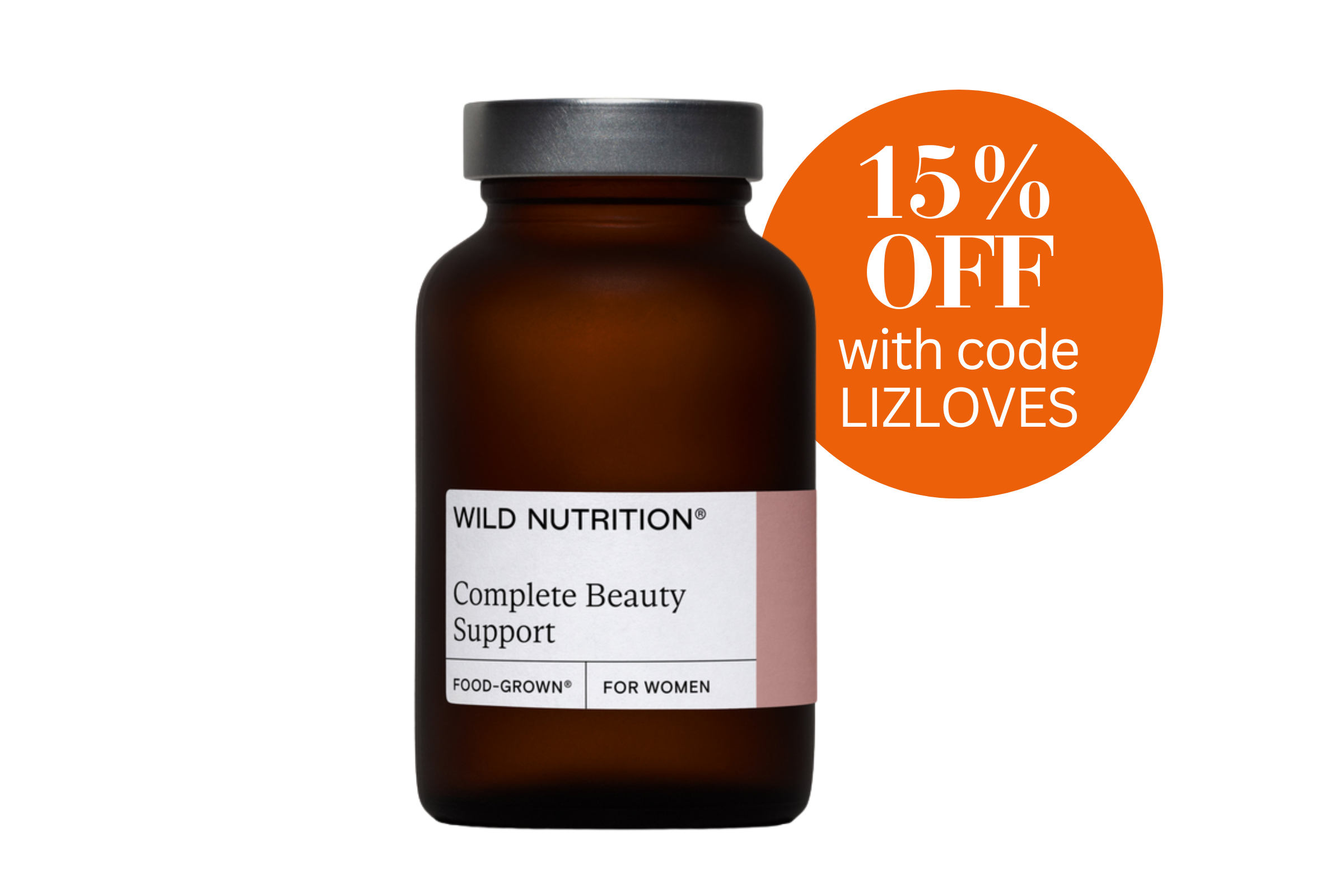Women's health
4 reasons we should be taking a hyaluronic acid supplement in midlife
Beauty buffs will be well-acquainted with hyaluronic acid. It’s famed in skincare circles for its moisture-restoring benefits, as it’s both hydrating and smoothing – a helpful hero when it comes to reducing the appearance of fine lines and wrinkles. But, hyaluronic acid isn’t just a topical formulation. The body can also absorb it in supplement form, boasting benefits from the inside out.
Our bodies naturally produce hyaluronic acid. It’s a compound that regulates the moisture, impacting the tissues in our eyes, joints, and skin. So, should we be including a hyaluronic acid supplement in our routine to future-proof our bodies? We spoke to the experts to find out.
What does hyaluronic acid do?
Hyaluronic acid works to provide moisture to all the essential tissues in the body, keeping them lubricated and hydrated. Naturally, as we age, the amount of hyaluronic acid we produce decreases – much like collagen and elastin – so we lose the lubrication and hydration that it gives our joints.
“Hyaluronic acid is a form of carbohydrate that is naturally produced by our body; it’s hydrating and slippery, with its main roles being to hold onto moisture and provide lubrication,” says Elizabeth Sergeant, a women’s health practitioner and registered nutritionist. “It’s found in high amounts in our skin, joints and eyes. Its texture is smooth and gel-like, so it helps our skin to retain moisture and stay supple, while keeping joints moving freely.
“While topical application is excellent for targeting specific areas of the skin, and provides immediate hydration by improving the skin’s appearance and texture, supplements work from the inside out, achieving more comprehensive benefits.”
4 reasons to take a hyaluronic acid supplement in midlife
It supports your joints
Experts say that taking hyaluronic acid supplements can support joint health and lubrication. This is especially important for midlife women experiencing hormone-related muscle and bone density changes.
“When taken orally, hyaluronic acid (specifically the high molecular weight kind) has been shown by research studies to be successfully absorbed and distributed to areas including connective tissue and joints,” explains Elizabeth. “This is an important consideration, as supplementing with substances that our body produces naturally doesn’t always mean that our body will be able to absorb and use them. It seems that hyaluronic acid does jump this hurdle.
“A few studies have reported benefits for mild knee pain and discomfort, too.”
It may help vaginal dryness
“During midlife, especially as we move through perimenopause, an increase in dryness isn’t just limited to our skin,” says Elizabeth. “Many women suffer with vaginal dryness (known as vaginal atrophy).
“While research on oral hyaluronic acid supplementation for vaginal dryness is very limited, there are a couple of small initial studies that hint at benefits.”
Research from the International Journal of Clinical Medicine shows that taking hyaluronic acid orally can improve vaginal atrophy and change vaginal tissue in post-menopausal women. It works directly on the vaginal lining, restoring moisture and reducing inflammation.
Supports dry eyes
Dry eyes are a common problem for many people, but particularly midlife women.
As hormones such as oestrogen and testosterone shift, they influence the production of all components of the eye’s tear film. This includes the part that keeps them hydrated and moist.
Studies suggest that hyaluronic acid supplementation can be a good way to restore this lost moisture. Research from the Journal of Ophthalmology says that, in cases of dry eye disease, using both oral and topical hyaluronic acid supplements together is more effective at helping to heal corneal wounds and relieve symptoms than compared to using topical hyaluronic acid alone.
Repairs your skin
Hyaluronic acid is often touted for its skin-hydrating properties, but it’s also good at repairing damaged skin cells. In research conducted by the University of Warsaw, it was found that hyaluronic acid speeds up wound healing by controlling inflammation and redirecting blood vessels to areas of damaged skin.
4 of the best hyaluronic acid supplements for midlife
Taking a hyaluronic acid supplement can do more than simply help us maintain a healthy glow. Research suggests it can actually improve our overall wellbeing. By understanding its benefits and investing in the right brands, we can easily make this ingredient a part of our daily routine.
Love Liposomal Hyaluronic Acid

Encapsulated within liposomal technology to enhance absoprtion, this easy-to-take supplement helps promote healthy skin and protect against ageing. Use LIZLOVES for 15% off your order.
ARTAH Skin Clinic

A skin-friendly formulation, combining hero ingredients including vitamin A, vitamin C and collagen. Hyaluronic acid provides deep hydration to support skin health from the inside out. Use LIZLOVES for 15% off your order.
Youth & Earth Liposomal Hyaluronic Acid

An advanced liposomal formula that delivers moisture to the skin (reducing the appearance of wrinkles and smoothing skin roughness), while lubricating joints for a more comfortable second half. Use code LIZLOVES for 25% off first purchases and 20% of any subsequent orders.
Wild Nutrition Food-Grown® Complete Beauty Support

This beauty hero combines hyaluronic acid with collagen-forming vitamin C and other antioxidants for healthy hair, skin and nails. Use code LIZLOVES for 15% off.
Words: Stacey Carter
Read more features like this
Please note, on some occasions, we earn revenue if you click the links and buy the products, but we never allow this to bias our coverage and always honestly review. For more information please read our Affiliate Policy.





